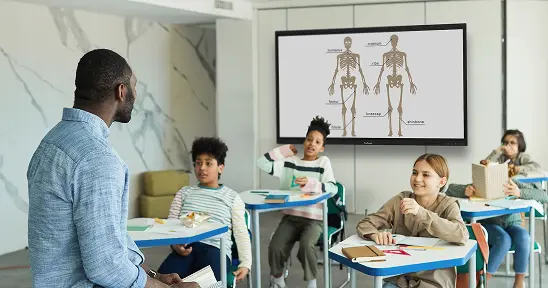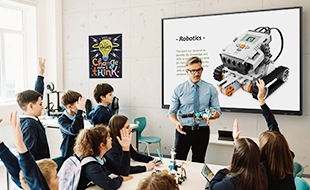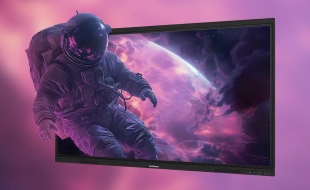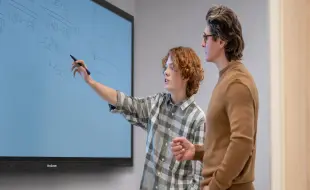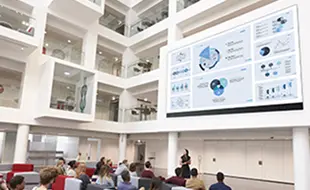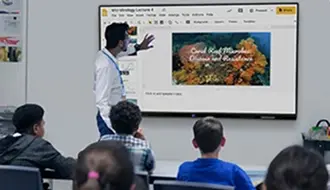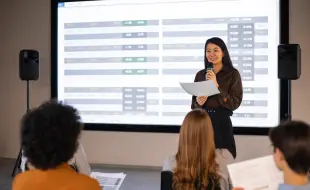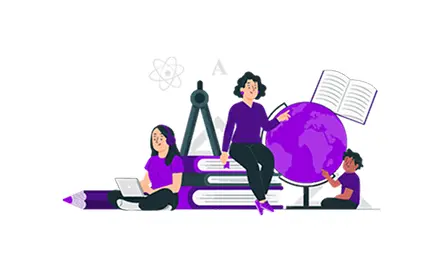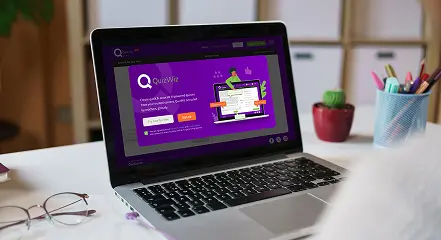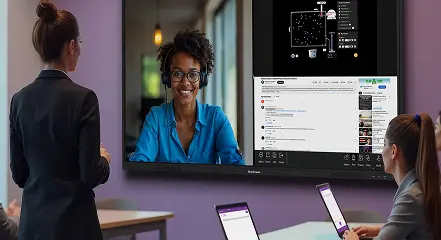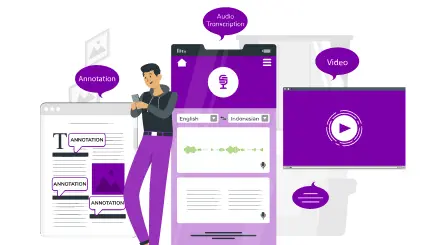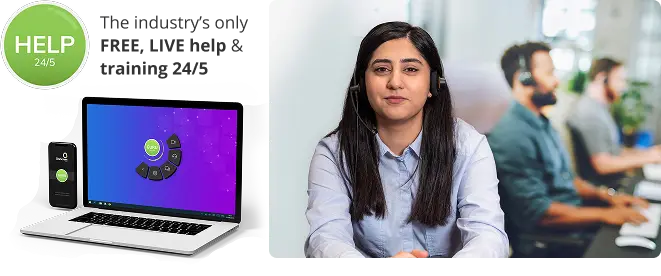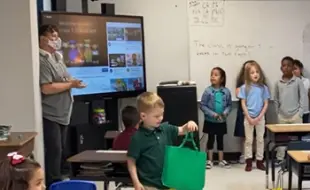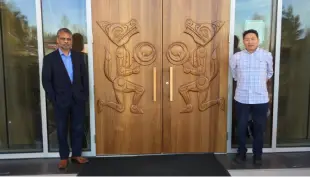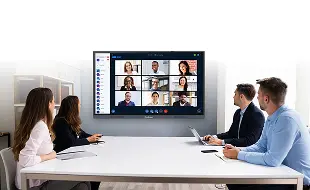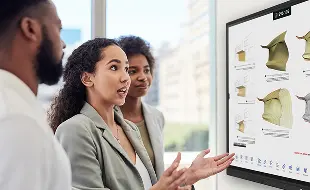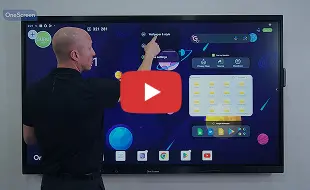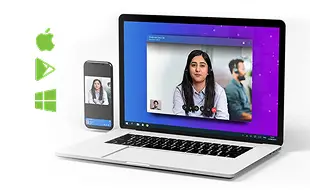
Welcome back to our latest series: Highlights from Podcasts We Love. Here you’ll find bite-sized breakdowns of popular podcasts for busy professionals.
If you want to gain all the powerful insights from the world’s top thought leaders but don’t have the time to listen to the entire podcast, we can help.
Here are the key thoughts and essential concepts from:
The Creative Classroom Podcast with John Spencer: Designing Socratic Seminars to Ensure That All Students Can Participate
Podcast length: 20 min. Blog est. read time: 2 min.
Executive summary:
- Socratic Seminars are an original way of making education more equitable, giving voices to the unheard and allowing students to take the lead for more interactive learning.
- Based on the primary mode of teaching among Ancient Greek philosophers.
- Tools like “talking chips” encourage all students to contribute, even those who normally are reluctant to participate.
- Periodic quiet times favor students who need more deep-thinking and processing time.
- ESL students get additional prep time with vocabulary to help them join in with the group.
Imagining the future of learning by re-visiting the past
We all have been conditioned to look out for the latest and greatest methods, ideas, and trends to achieve our goals, even in the field of education. But the fact is that the newest is not always the best. Ideas that have been around for thousands of years usually have that staying power for a very good reason. They can prove to be more effective than contemporary ones, if we adapt them to our current needs.
That’s true with this innovative approach to teaching that draws its inspiration from the wisdom of antiquity and reimagines it for a post-modern hybrid classroom.
Socratic Seminars in education, as outlined on The Creative Classroom podcast by John Spencer, EdD. Socratic Seminars are attributed to Greek philosopher, Socrates (470–399 BC), although they were likely around even before then as the primary mode of teaching among philosophers of the time.
This a democratic, student-centered approach to education can be used at any grade level and approach discussion in a freeform, non-formulaic manner and do not rely on hand raising, calling on students, or discussion leaders. Each member of the discussion can comment, ask follow-up questions, and raise ideas of their own. As a result, Socratic Seminars can be incredibly empowering to students because they can own the conversation and interact fluidly with ideas in a way they do not when the discussion is guided.
Critical thinking and nuanced understanding
Although ancient, Socratic methods are perhaps even more relevant in contemporary education because they exercise deeply human skills, such as critical thinking, understanding truth as nuanced and complex, as well as communicating boldly and with empathy for their peers’ viewpoints. Even when conversations become messy and chaotic, students are still developing necessary skills to thrive in democratic society which often mirrors the former.
However, how can educators ensure that all students are heard when some tend to dominate the conversation while others don’t speak up? Often, more marginalized students can be reluctant to share in scenarios where they feel uncomfortable or overwhelmed. The key is in the design of the Socratic Seminar. Educators can create space for marginalized students so that they can thrive and perhaps benefit the most.
Variations in learning styles and tools for hybrid classes
The format of round table discussions (best for smaller groups) allow students to face one another and engage more intimately so that they can lean in and discuss ideas. The fishbowl approach creates an inner circle where discussion takes place while an exterior circle can observe, while jotting down notes and clarifying questions.
Educators can also facilitate an online/offline method that engages hybrid learning — some students will engage in-person, while others can take advantage of a synchronous chat tool to participate as well. This supports students who are worried about their voice, speech, need language support, or more processing time to take advantage of digital tools to engage and communicate confidently and effectively.
Reaching students who often go unheard
Still, certain students can tend to dominate the conversation. But there still are several ways that educators can make room for all voices, even the quietest ones.
Teachers can introduce “talking chips” that students toss into a pile when they want to speak up. Educators can also step in occasionally, asking those who have spoken to wait until others have shared, or prompting students who have not spoken to share.
Students who struggle with participation can also prepare pre-written ideas and insights that make it easier to speak up. Introducing periodical one- or two-minute silences can help support students who need additional processing time to gather their thoughts. For ESL students, providing key vocabulary ahead of time, while giving them the opportunity to prep questions and answers beforehand can significantly reduce language barriers.
Socratic Seminars are unique in their ability to explore ideas boldly, tailored to fit students of all backgrounds, abilities, and grade levels. When we revisit what old methods can teach us, infusing them with contemporary ideas, practices, and methods, harmonious new ways of learning can take place that enrich all students rather than just some.
Learn how the latest Touchscreen from OneScreen can help facilitate a more equitable classroom experience.

 EN
EN  US
US  CA
CA  CO
CO  MX
MX  AE
AE  UK
UK  ES
ES  PK
PK 